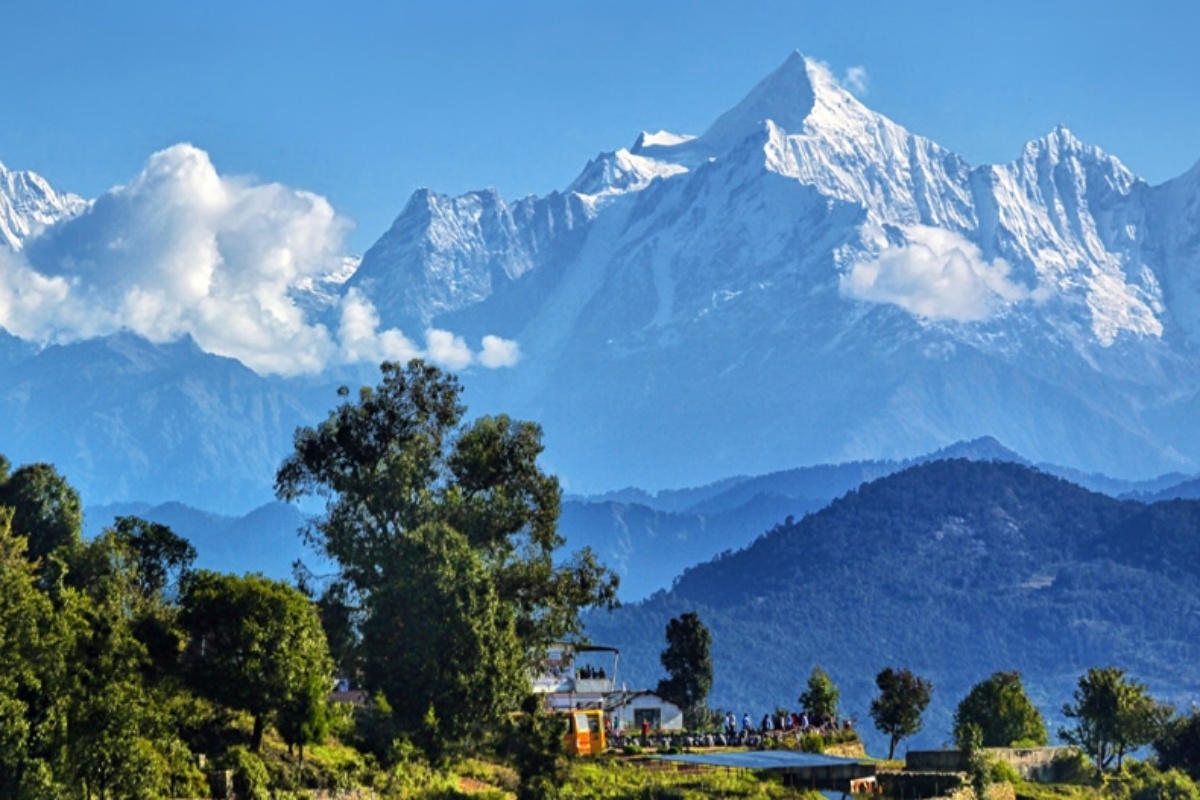UP govt takes major strides to boost chemical-free natural farming
Alongside expanding natural farming initiatives, the government provides substantial financial support and incentives to farmers, guiding them from seed to market.

(photo:IANSLIFE)
On the face of it Ladwari appears to be like any ordinary village but if you speak to the farmers here you soon realize that this village has been in the middle of important changes in recent times.
These winds of change in the village, located in Niwari district of Madhya Pradesh, relate largely to the introduction of natural farming and were brought here by a project called BIWAL (Bundelkhand Initiatives for Water, Agriculture and Livelihoods) being implemented by Srijan and its partner organizations in several parts of the Bundelkhand region.
Advertisement
Under this project, several aspects of natural farming are intro- duced in such a way that while expenditure on expensive inputs goes down, there is high chance of yields being maintained or even increasing. This is made possible by training for on-farm scientific preparation of organic fertilizer and pest repellant and by more productive used of farmland which integrates staple crops with small multi-layer vegetable gardens, fruit orchards and kitchen gardens.
Advertisement
This package and the demonstration farms started by selected lead farmers initiated intense debate in the community. Some farmers responded by bringing in a small part of their land under natural farming, observing the results carefully, then increasing this only if the results were encouraging. Almost all here are small farmers, and cannot take big risks. Hence they have tried to be very cautious.
So what has resulted is a very democratic debate, a transparent process in which all the plus and pos- sible minus points of introduction of natural farming could be widely dis- cussed among farmers. It is therefore heartening to know that in this and
several other villages of this district the idea of natural farming is gaining increasing acceptance and more and more farmers are coming together to embrace it.
In villages where there is water scarcity, such as Bahera, this process has been facilitated by first taking up water conservation work. The initiatives in Niwari have been helped by financial support from IndusInd Bank, under its corporate social responsibil- ity programme.
Phoola Devi and Devidayal work hard on their small plot of less than two acres of farmland in Ladvari vil- lage. They have given up using chemical fertilizers and pesticides, earlier purchased at ever increasing prices. They were able to retain their earlier productivity while at the same time reducing their expenses to a significant extent.
Secondly, they are now using a part of their farmland to grow a multi-layered garden, mainly of vegetables. Here at various layers, creepers, small plants and root vegetables together contribute to harvesting a richer and more diverse yield from a very small plot of land.
Thirdly, they are now in the process of devoting some land to planting many fruit trees, mainly guavas and lemons, the species being selected on the basis of soil testing and the suitability of local conditions. The natural farming approach is being followed in the case of vegetables and fruits as well, keeping costs low.
Munni Devi and Lalaram are another couple who have followed these three phases to a more promis- ing future. Munni Devi related that migrant workers who go from this work to far-away places to seek work are sometimes cheated quite badly and so she believes in improving her farming as much as possible.
Can these changes you have initiated bring enough earnings so that you can meet your needs within your village? Yes, we have high hopes, she replies as the other three nod in agree- ment. Villagers emphasize that it is earnings minus costs i.e. the net savings which are important, and this is where natural farming is a winner. Another factor they bring out is the big improvement in family nutrition due to the plentiful availability of diverse vegetables now, an important improvement that can be missed out if only cash earnings are considered. When cultivated using natural meth- ods, the nutrition and health benefits of these vegetables are much better, and so is the taste, people here say.
Similar winds of change are blowing in several other villages of this district. In Bahera, for example, the natural farming centre, started by an enterprising woman farmer Vandana has become a hub for farmers interested in these methods. Vandana had also taken a keen interest in water conser- vation. Farmers from neighbouring villages have also started coming here to learn about the significant changes taking place.
These changes have brought a lot of hope to small farmers in particular and the response of women farmers in particular has been very good. These are not imposed from the top and farmers have opted for this only after a democratic debate among themselves and after examining several relevant aspects carefully. This augurs well for the future of natural farming in India.
(The writer is Honorary Convener, Campaign to Save Earth Now. His recent books include Planet in Peril, Man over Machine and Indias Quest for Sustainable Farming and Healthy Food.)
Advertisement